Zarif: EU3 submission on JCPOA only whetted Trump’s appetite
Iran's Foreign Minister Mohammad Javad Zarif says America’s renewed threat of slapping trade tariffs on Europe’s auto industry proves that the European states’ submission to US President Donald Trump's domineering tactics on the Iran nuclear deal only worked to “whet his appetite.”
In a post on his Twitter account on Wednesday, Zarif attached a screen shot of a Washington Post report, which covered Trump’s most recent threat to put hefty tariffs on European cars at the World Economic Forum in Davos on Tuesday if trade negotiations did not go his way.
Zarif said he had already warned the Europeans of such US measures in an earlier tweet.
Trump’s new threat came days after the three European signatories to nuclear accord — France, Britain and Germany — gave into Washington’s pressure and triggered a dispute mechanism devised in the 2015 deal, called the Joint Comprehensive Plan of Action (JCPOA), which amounts to a formal accusation that Tehran had broken the terms of the accord.
Shortly after the mechanism was activated, a Washington Post report revealed that Trump had threatened to impose a 25 percent tariff on European automobile imports if the trio — known as EU3 or E3 — refused to formally accuse Iran of violating the JCPOA.
In his tweet on Wednesday, Zarif told the Europeans that Trump had just issued yet another tariff threat despite the European trio’s decision to “sell their integrity” by surrendering to Trump’s pressure.
“Sorry to say I told you so: When E3 sold out remnants of #JCPOA to avoid Trump tariffs last week, I warned that it would only whet his appetite. After selling their integrity and losing any moral/legal ground, ANOTHER tariff threat. EU would do better to exert its sovereignty,” he tweeted.
Sorry to say I told you so:
— Javad Zarif (@JZarif) January 22, 2020
When E3 sold out remnants of #JCPOA to avoid Trump tariffs last week, I warned that it would only whet his appetite.
After selling their integrity and losing any moral/legal ground, ANOTHER tariff threat.
EU would do better to exert its sovereignty. pic.twitter.com/tgGwExMhdU
The JCPOA was signed between Iran and six world states — namely the US, Germany, France, Britain, Russia and China — in 2015. It was also ratified in the form of a UN Security Council resolution.
However, Washington’s exit and the subsequent re-imposition of sanctions against Tehran left the future of the historic deal in limbo.
Tehran remained fully compliant with the JCPOA for an entire year, waiting for the co-signatories to fulfill their end of the bargain by offsetting the impacts of Washington’s bans on the Iranian economy.
As the European parties failed to do so, Tehran moved in May 2019 to suspend its JCPOA commitments in 60-day stages under Articles 26 and 36 of the deal covering Tehran’s legal rights.
Iran took a fifth commitment reduction step earlier this month.
Dec. 22: ‘Axis of Resistance’ operations against Israeli occupation
‘Abhorrent’: Oxfam says only 12 trucks delivered aid in North Gaza since Oct.
VIDEO | Leader receives religious eulogists on Hazrat Fatima birth anniv.
Pope Francis slams Israel’s ‘machine-gunning’ of Gaza children
US hostage-taking of Iranian nationals violation of intl. law: Deputy FM
VIDEO | Carol Singers for Palestine on London’s Parliament Square
Ansarullah says ‘Israeli terrorists’ incapable of confronting Yemen, warns of secret weapons
VIDEO | Yemenis praise the military for its successful operations against Israel


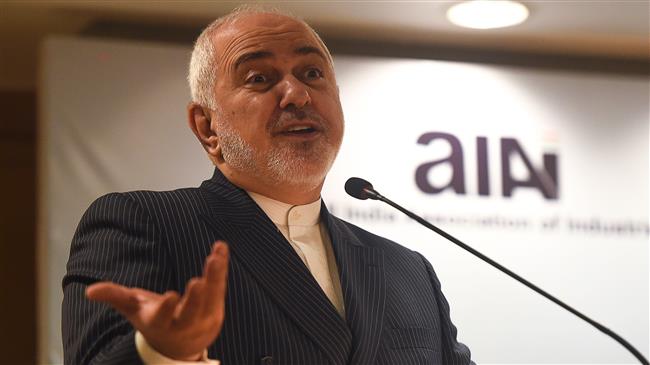







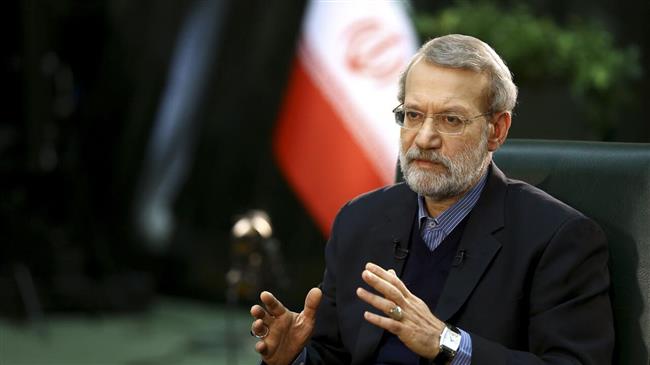

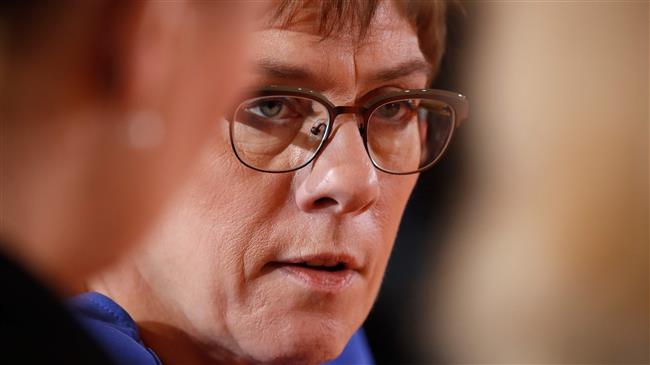
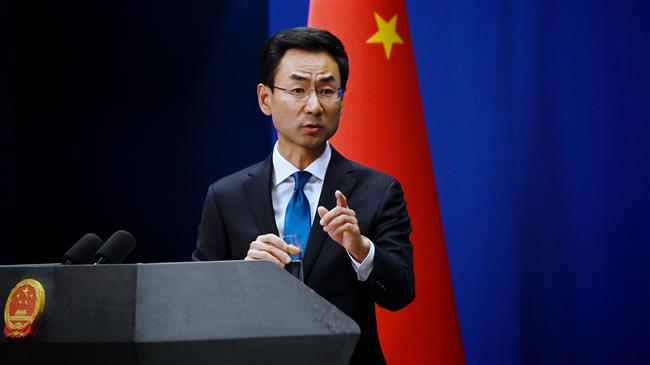
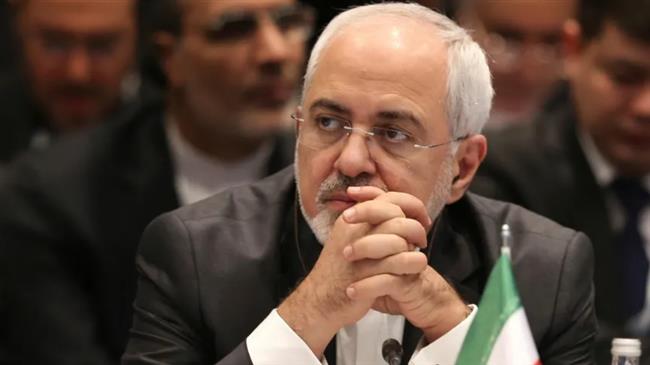

 This makes it easy to access the Press TV website
This makes it easy to access the Press TV website